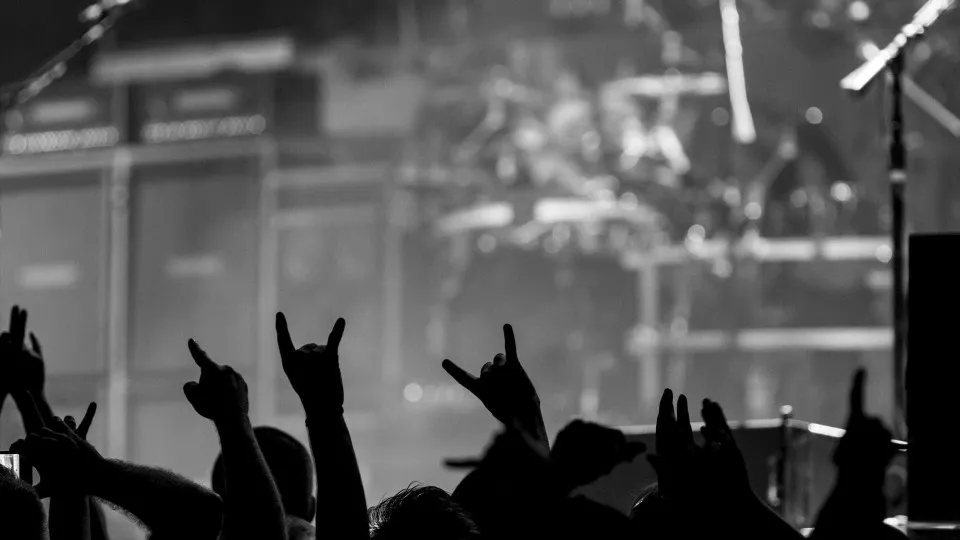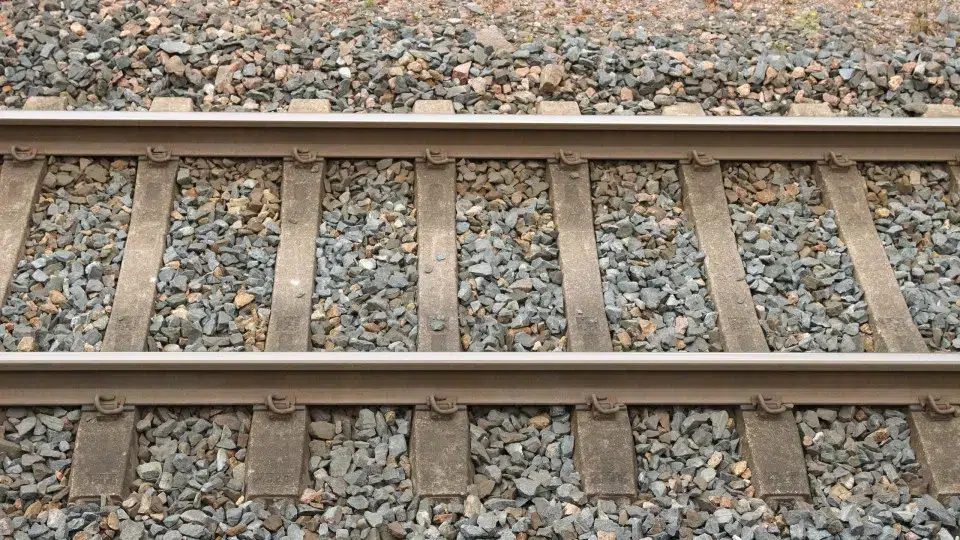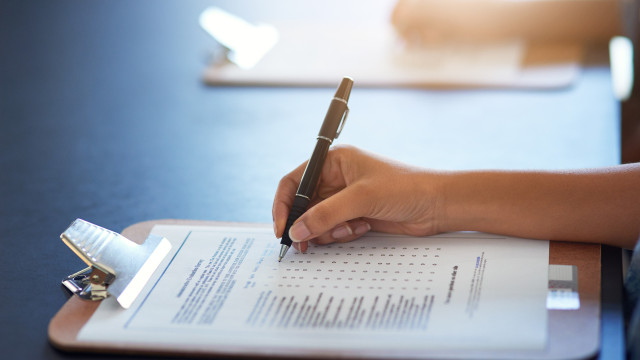
Under the theme “Repeat, Remember, Imagine, Resist,” the Alkantara Festival, showcasing performing arts from dance to theater and performance, will take place across a dozen stages and cultural spaces in Lisbon, featuring five national premieres and three world premieres.
“Umuko,” by Dorothée Munyaneza, references “an ancestral tree with vivid red flowers, a symbol of healing and guardian of stories crossing generations,” as per the synopsis of this new work by the African artist, marking its national debut.
Joined by five young Rwandan artists—dancers, musicians, and poets—Munyaneza “celebrates the creativity, audacity, and freedom of a new generation born post-genocide against the Tutsi population in Rwanda, which devastated the African country in 1994, carrying the memory of a shared heritage while dreaming of the future, and resisting the precariousness of daily life.”
Roda de Sample & Coletivo Gira will be at Carpintarias de São Lázaro, in a joint project celebrating the festival’s opening “around sound, body, and Afro-Brazilian culture,” key elements of the Roda project, “with over a decade of encounters worldwide,” led in Portugal by Ágatha Cigarra.
The group’s “rodas” gather producers and sound collectors from varied contexts, ‘samples,’ instruments, lights, and performances, celebrating a multiplicity of voices.
The invitation for the festival’s opening was extended to Coletivo Gira, a movement initiated by immigrant women in Portugal, “which creates spaces of resistance, joy, and gender equality through samba circles.”
Organized by the cultural association Alkantara, the festival combines various artistic fields and knowledge areas, with projects addressing contemporary social, political, and cultural issues. For the artistic direction, the festival’s theme – “Repeat, Remember, Imagine, Resist” – and the importance of repetition, persistence in artistic work are ways to “carry memory and the desire for the future.”
Artistic directors Carla Nobre Sousa and David Cabecinha state, “Repetition is an act of inscription, a way not to forget. Yet we also live in a world with unthinkable repetitions: genocide, occupation, brutal violence against the Palestinian people, despite conventions and international laws, despite humanity, despite ‘never again.'”
This edition’s lineup also includes Tiran Willemse, Terra Batida, Mario Barrantes Espinoza, Chiara Bersani, Luísa Saraiva, Vânia Doutel Vaz, María del Mar Suárez (La Chachi), Dori Nigro, Stephanie Kayal & Abed Kobeissy.
Australian artist Noha Ramadan, Portuguese duo Sofia Dias & Vítor Roriz, and Brazilian Francisco Thiago Cavalcanti & um cavalo disse mamãe, complete this year’s lineup with world premieres: Noha Ramadan will bring “PósMito (and we shimmered crossing from one reality to another…)” to Teatro do Bairro Alto this weekend; Sofia Dias & Vítor Roriz will present “O que se abre em nós” at ZDB 8 Marvila from November 19-22, a creation emerging “a research around the tension between the banality of daily life and the intensity of the scene”; and Francisco Thiago Cavalcanti, with his independent and multidisciplinary collective, presents “Cantar” at Culturgest on November 21-22, a production speaking of resistance and survival “in a violent and collapsing world.”
In the last three days of the festival, Bridges, an Alkantara program, facilitates meetings among 40 performing arts professionals, both Portuguese and international, with a program aimed at strengthening collaboration networks, promoting artists working in Portugal, and encouraging new partnerships, according to the organization.
Cultural Center of Belém, Calouste Gulbenkian Modern Art Center, Teatro do Bairro Alto, Sala Estúdio Valentim de Barros/Jardins do Bombarda, Galerias Municipais – Galeria Quadrum, and Espaço Alkantara are other stages for the Alkantara Festival 2025.




